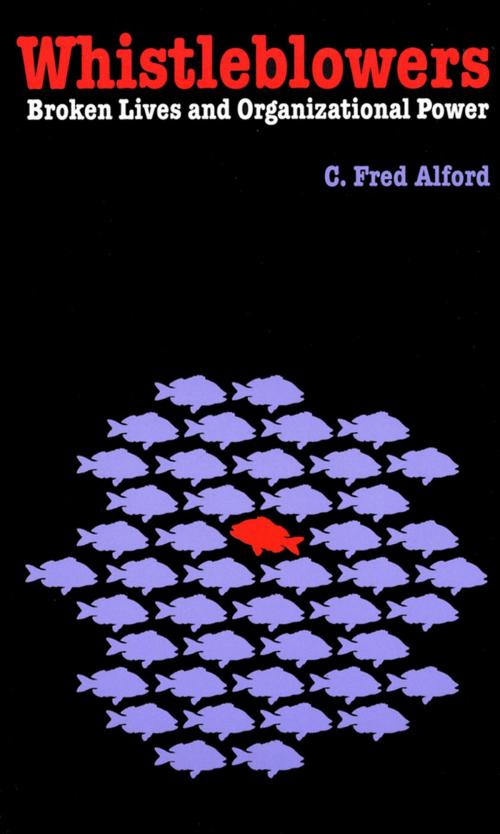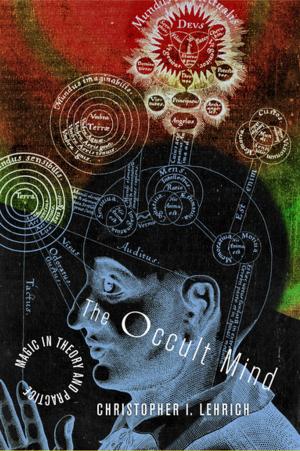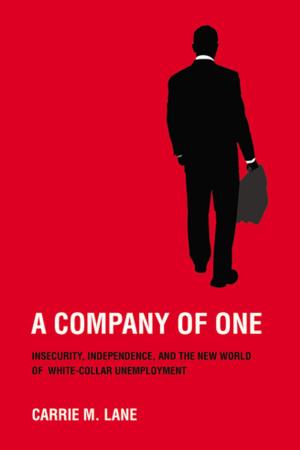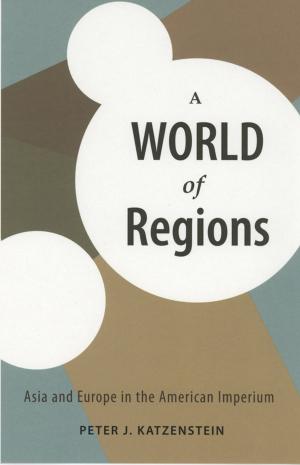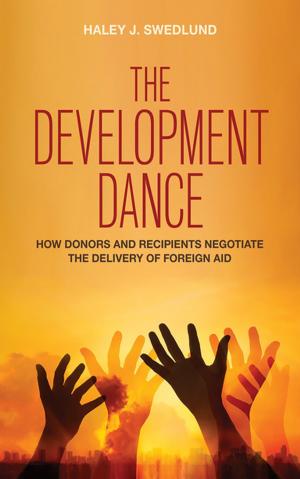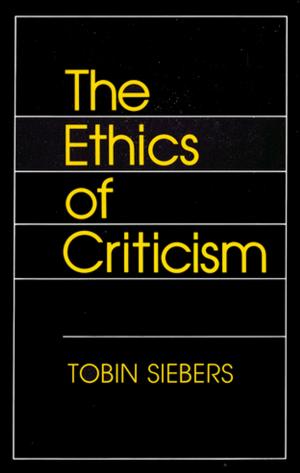Whistleblowers
Broken Lives and Organizational Power
Nonfiction, Social & Cultural Studies, Political Science, Politics, Labour & Industrial Relations| Author: | C. Fred Alford | ISBN: | 9781501712920 |
| Publisher: | Cornell University Press | Publication: | December 15, 2009 |
| Imprint: | Cornell University Press | Language: | English |
| Author: | C. Fred Alford |
| ISBN: | 9781501712920 |
| Publisher: | Cornell University Press |
| Publication: | December 15, 2009 |
| Imprint: | Cornell University Press |
| Language: | English |
In a dark departure from our standard picture of whistleblowers, C. Fred Alford offers a chilling account of the world of people who have come forward to protest organizational malfeasance in government agencies and in the private sector. The conventional story—high-minded individual fights soulless organization, is persecuted, yet triumphs in the end—is seductive and pervasive. In speaking with whistleblowers and their families, lawyers, and therapists, Alford discovers that the reality of whistleblowing is grim. Few whistleblowers succeed in effecting change; even fewer are regarded as heroes or martyrs.Alford mixes narrative analysis with political insight to offer a frank picture of whistleblowing and a controversial view of organizations. According to Alford, the organization as an institution is dedicated to the destruction of the moral individualist. Frequently, he claims, the organization succeeds, which means that the whistleblowers are broken, unable to reconcile their actions and beliefs with the responses they receive from others. In addition to being mistreated by organizations, whistleblowers often do not receive support from their families and communities. In order to make sense of their stories, Alford claims, some whistleblowers must set aside the things they have always believed: that loyalty is larger than the herd instinct, that someone in charge will do the right thing, that the family is a haven from a heartless world. Alford argues that few whistleblowers recover from their experience, and that, even then, they live in a world very different from the one they knew before their confrontation with the organization.
In a dark departure from our standard picture of whistleblowers, C. Fred Alford offers a chilling account of the world of people who have come forward to protest organizational malfeasance in government agencies and in the private sector. The conventional story—high-minded individual fights soulless organization, is persecuted, yet triumphs in the end—is seductive and pervasive. In speaking with whistleblowers and their families, lawyers, and therapists, Alford discovers that the reality of whistleblowing is grim. Few whistleblowers succeed in effecting change; even fewer are regarded as heroes or martyrs.Alford mixes narrative analysis with political insight to offer a frank picture of whistleblowing and a controversial view of organizations. According to Alford, the organization as an institution is dedicated to the destruction of the moral individualist. Frequently, he claims, the organization succeeds, which means that the whistleblowers are broken, unable to reconcile their actions and beliefs with the responses they receive from others. In addition to being mistreated by organizations, whistleblowers often do not receive support from their families and communities. In order to make sense of their stories, Alford claims, some whistleblowers must set aside the things they have always believed: that loyalty is larger than the herd instinct, that someone in charge will do the right thing, that the family is a haven from a heartless world. Alford argues that few whistleblowers recover from their experience, and that, even then, they live in a world very different from the one they knew before their confrontation with the organization.
